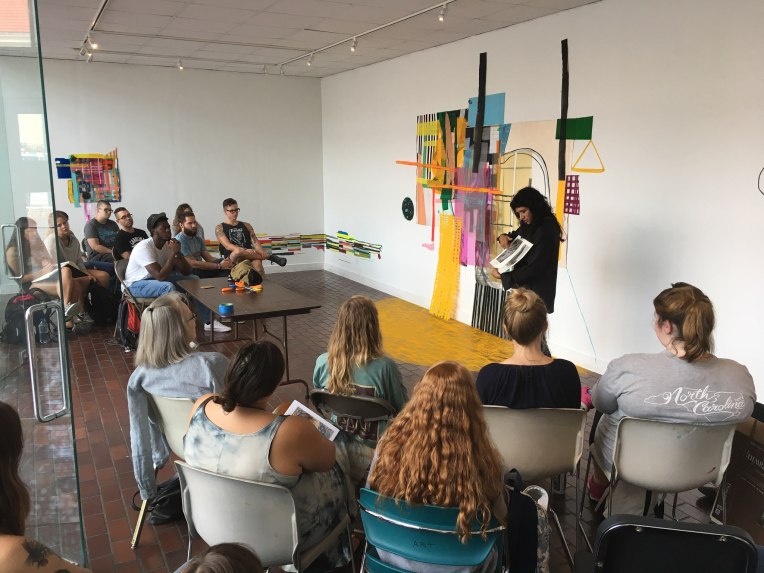Issue Of Copyright
Now in days is common to see any illegal issues concerning about copyright and authors right. Lets start by knowing what is piracy, plagiarism and robbery.
Piracy is typically an act of robbery. Piracy is the name of a specific crime under customary international law and also the name of a number of crimes under the municipal law of a number of States. It is distinguished from privateering, which is authorized by national authorities and therefore a legitimate form of war-like activity by non-state actors.
Plagiarism is copying another person’s ideas, words or writing and pretending that they are one’s own work. It can involve violating copyright laws. College students who are caught plagiarizing can be kicked out of school, and writers who plagiarize will often be taken less seriously.
Writing papers, many students practice plagiarism without knowing it by using other people’s ideas without citing them (saying where they got them). Reading another article or book and taking an idea from it and putting it into one’s own words is not plagiarism if the writer of the paper says where they got the idea.
Robbery is the crime of taking or attempting to take something of value by force or threat of force or by putting the victim in fear. At common law, robbery is defined as taking the property of another, with the intent to permanently deprive the person of that property, by means of force or fear. Precise definitions of the offence may vary between jurisdictions. Robbery differs from simple theft in its use of violence and intimidation.
It should be noted that the author was recognized two kinds of privileges from the moment of creation of the work, and these are: the moral rights and economic rights.
Moral rights are born as a result of the creation itself, but not the official recognition. These rights are personal, through which it seeks to safeguard the bond that develops between the author and his work, as it is an expression of your personality. As such, moral rights are inalienable, indefeasible, transferable and irrevocable.
Under these rights, the author has the postestad of:
· Keep the work unpublished or disclose;
· Vindicate the authorship of the work at any time;
· Object to any distortion, mutilation or other modification that undermines the merit of the work or reputation of the author;
· Modify the work, before or after its publication;
· Remove the work market, or suspend any form of use but has been previously authorized.
On the other hand, we have the economic rights that are related to the economic exploitation of the work, and, unlike the moral, are transferable, prescriptive and waivable.
For John Paul RIVEROS, financial or patrimonial content copyright is understood as the power of it to dispose of its work without other limitations than those established by law, to free or not, using three basic powers: the reproduction of the work, public communication and transformation. These powers can be established in other head of individuals or corporations.
In turn, the National Copyright, in the case of economic rights, states that “economic nature are prerogatives – equity, on an exclusive basis, allowing the owner to control the various forms of exploitation of the work can be. implies that all acts of exploitation of the work, protected by a property right, must have the prior express authorization of the right holder concerned, who may bring to that effect or onerous conditions to kindly Free define, in the exercise of their private autonomy “.
Under the economic rights of the author or the person or legal entity who is transferring these rights, can authorize or prohibit:
· Playback,
· The public communication
· The public distribution of copies;
· The translation, adaptation, arrangement or other transformation of the work;
· The importation of copies of his work reproduced without permission.
Importantly, if such rights are within the trade, and for this reason, may be expropriated and are subject to compulsory licensing regime and the limitations and exceptions to copyright enshrined by law.
References
http://www.alfa-redi.org/node/9459



